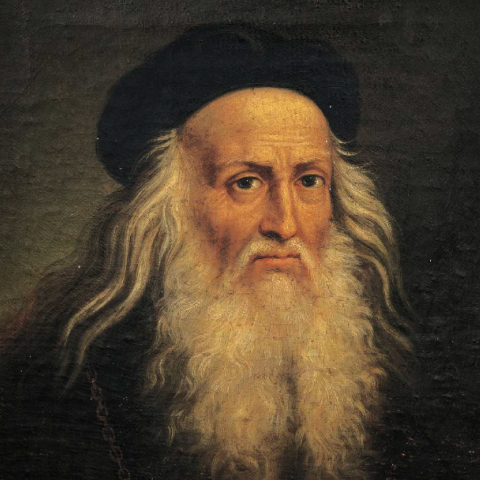Leonardo da Vinci's IQ: 180
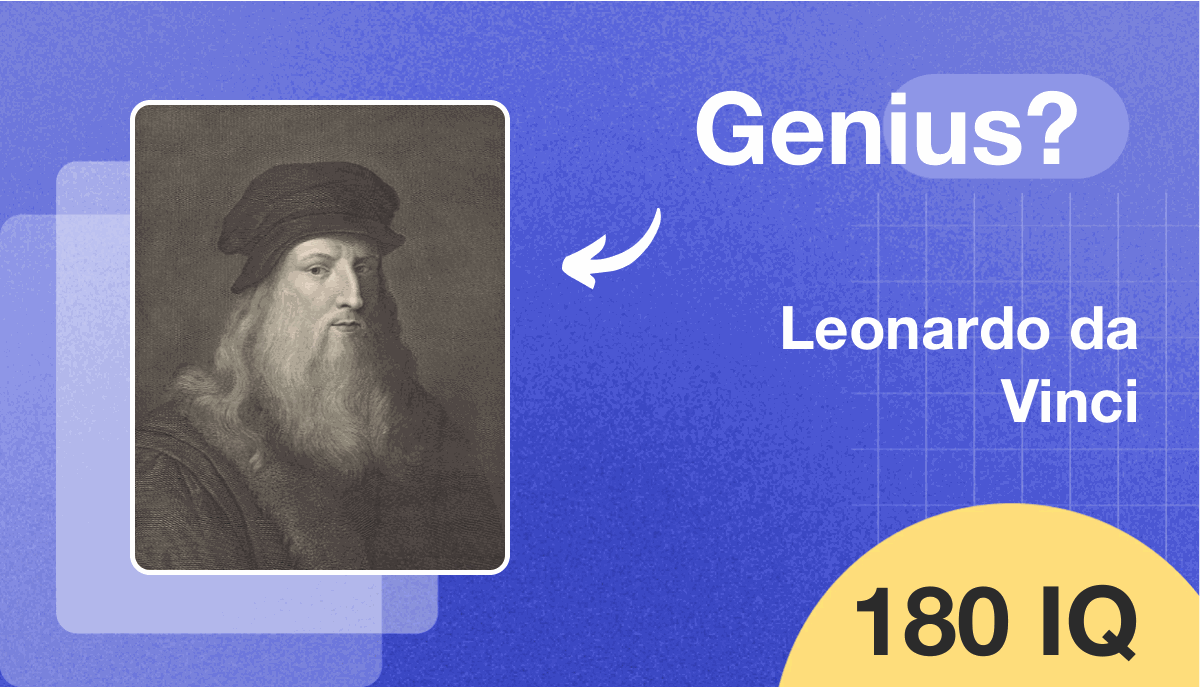
Leonardo da Vinci was a true Renaissance genius, known for his remarkable contributions to art, science, and engineering. Born in 1452 in Vinci, Italy, he had an estimated IQ of 180, which makes him one of the most intelligence person in the world ever. Da Vinci created masterpieces like the Mona Lisa and The Last Supper, which continue to captivate viewers with their level of detail and emotional depth. The Mona Lisa, despite facing various threats over the years, remains unharmed thanks to its bulletproof glass protection. In a recent incident, climate activists threw soup at the painting, but it was not damaged.
One mystery surrounding the Mona Lisa is its background. Geologist and art historian Ann Pizzorusso recently proposed that the landscape represents Lecco, a small town in northern Italy. She identified rock formations and a bridge in the painting that match those in Lecco. This theory has added a new layer of intrigue to the painting.
Leonardo's curiosity extended beyond art. He was fascinated with human anatomy, flight, and nature, making significant studies and inventions that were far ahead of his time. His notebooks are filled with designs for flying machines, armoured vehicles, and detailed anatomical sketches. This self-guided learning journey made his works invaluable.
Leonardo's legacy continues to inspire us. His life and works remind us of the limitless potential of human creativity and intellect.
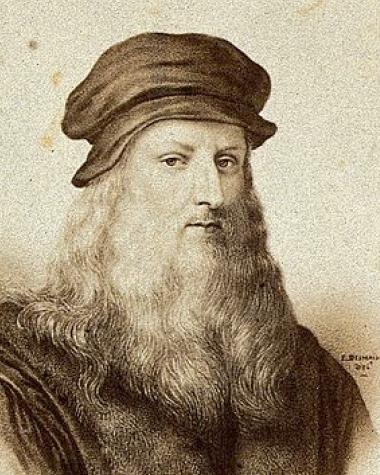

Average Confidence Level
HighWe relied on findings by Genetic Studies of Genius, USA Today and Business Insider to estimate Leonardo da Vinci's IQ. Another source is displayed for your reference. In at least one case, we took the average of the provided scores.
 Confidence Level: High
Confidence Level: High
 Confidence Level: High
Confidence Level: High
 Confidence Level: Medium
Confidence Level: Medium
 Confidence Level: High
Confidence Level: High
5 Reasons Why Leonardo da Vinci Is Considered a Genius
- Intricate Anatomical Studies: In his free time, da Vinci enjoyed testing scentific laws, being in nature, and dissecting animal and human corpses to further understanding. He conducted detailed dissections of the human body, creating over 240 drawings. Da Vinci's work anticipated modern scientific illustrations and contributed significantly to the understanding of human anatomy.
- Innovative Flying Machines: Da Vinci designed several flying machines, including a helicopter and a hang glider, centuries before the first airplane was invented. His designs were based on acute observations of bird flight.
- Underwater Exploration Concepts: He conceptualized scuba gear and a submarine, outlining plans for underwater exploration. These ideas were revolutionary for the 15th century and showcased his ability to dream beyond the technological limitations of his time.
- Pioneering Mechanical Inventions: Leonardo's sketches include designs for a robotic knight, ball bearings, and a machine for testing tensile strength. These sketches illustrate his innovative approach to solving mechanical problems.
- Advanced City Planning: Da Vinci proposed the development of multi-level cities with separate layers for pedestrians and vehicles, aiming to reduce congestion, a concept that resonates with modern urban planning.
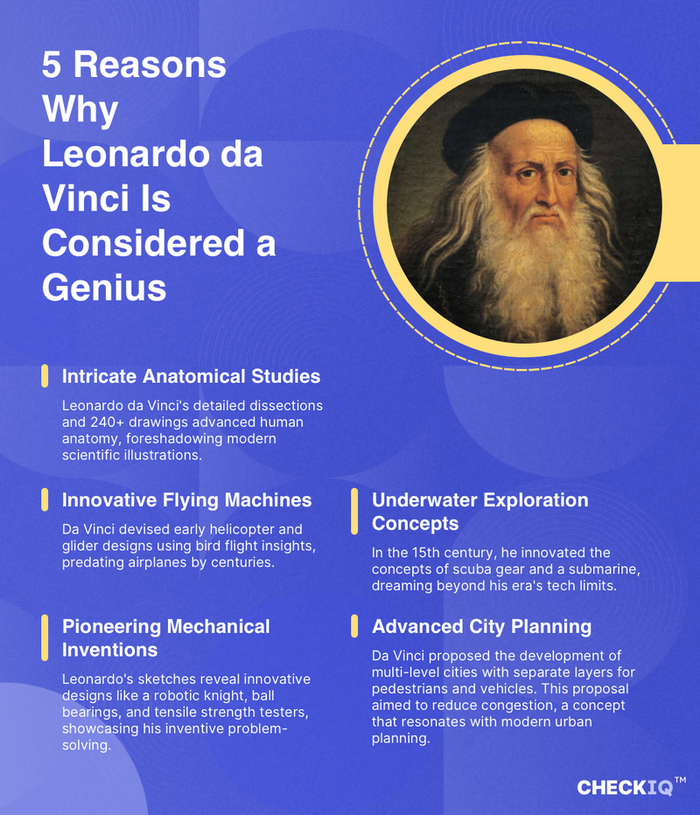
Try our accurate online IQ Test. Get your IQ score immediately.
Start IQ Test
Da Vinci's Score on the IQ Spectrum
Leonardo da Vinci's IQ of 180 places him in a unique league. This score suggests he belongs to an elite group accessed by just 1 in 20 million people. His intellect would easily surpass the entry criteria for most high IQ societies, like Mensa, which requires a 130 IQ, or Epimetheus, which requires a 180 IQ. His IQ score would even be enough for the Mega Society, an extremely high IQ society that only accepts those who have an IQ over 172!
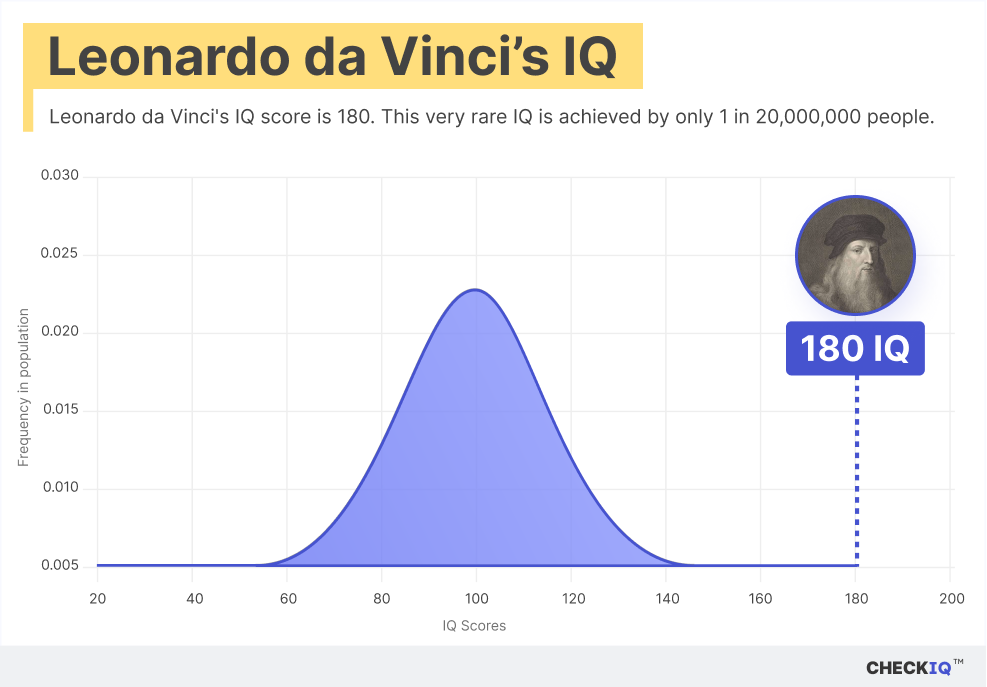
How Does Leonardo da Vinci's 180 IQ Compare to Other Painters?
Leonardo da Vinci, with an IQ of 180, stands out for his legendary art and vast contributions across various fields. His incredible intellect not only produced masterpieces but also advanced science and engineering. However, when comparing his IQ to other famous painters, we see a range of brilliance expressed in different ways.
For instance, Pablo Picasso's IQ and Salvador Dali's intellectual score of 175, though slightly lower than da Vinci's, highlight their revolutionary impact on modern art. Picasso shattered the confines of visual arts with Cubism, altering our perception of form and space. Dali's Surrealism unlocked a new realm of imagination with his dreamlike and bizarre imagery.
Vincent Van Gogh, with an IQ of 165, battled personal demons to create works that profoundly influenced Expressionism. His ability to turn his struggles into celebrated masterpieces is a testament to his enduring genius and emotional depth.
Moving to the Renaissance, Michelangelo, with an IQ of 145, redefined the era with his art. His blend of physical precision and emotional depth, particularly in his sculptures and frescoes, demonstrates his extraordinary talent and intellect. His work on the Sistine Chapel ceiling is a prime example of his skill and vision.
Lastly, Rembrandt's IQ might seem modest at 110, but his mastery of light and shadow brought unparalleled realism to portraiture. His ability to capture human emotion and spirit in his paintings shows that high intellect can manifest in many forms beyond just IQ scores.
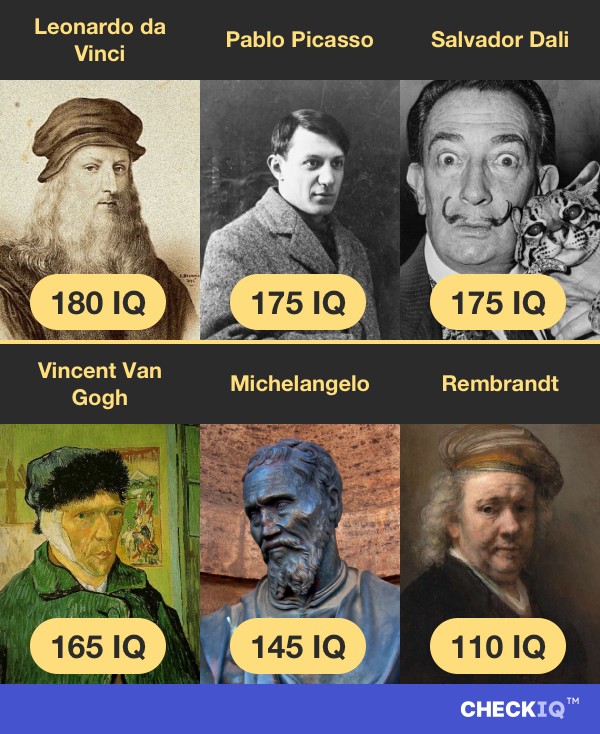
Are you surprised by Leonardo da Vinci's IQ of 180? Let us know in the comments section! Scroll down a bit.

Check Out the IQ of Other Famous People
-
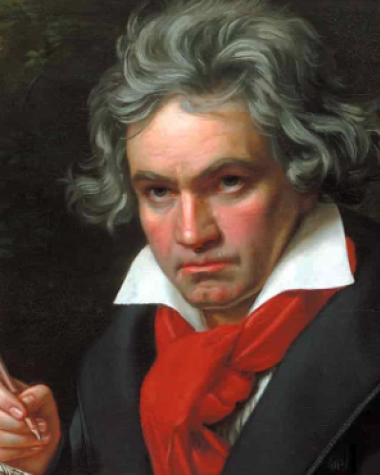 Ludwig van Beethoven140 IQ
Ludwig van Beethoven140 IQ -
 Ryan Fitzpatrick150 IQ
Ryan Fitzpatrick150 IQ -
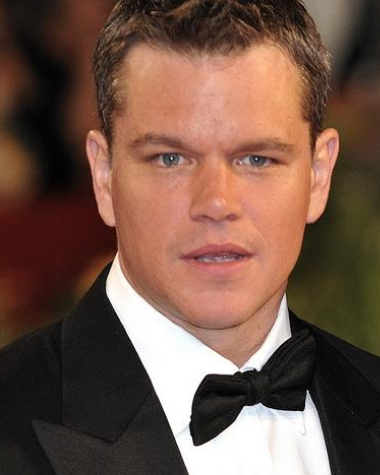 Matt Damon160 IQ
Matt Damon160 IQ -
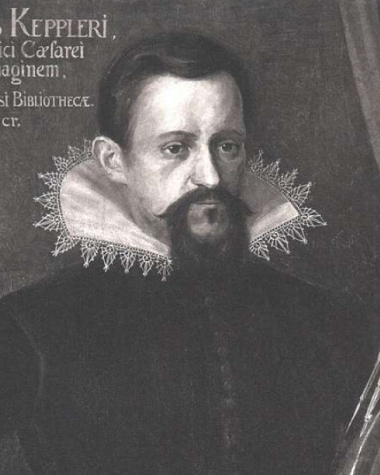 Johannes Kepler140 IQ
Johannes Kepler140 IQ -
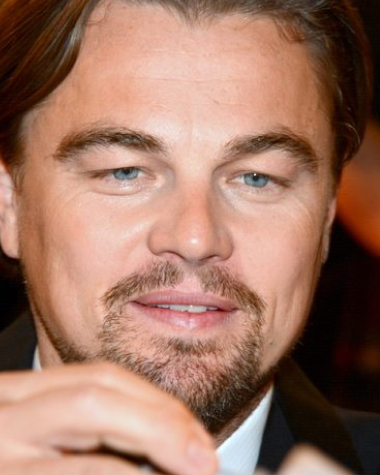 Leonardo di Caprio160 IQ
Leonardo di Caprio160 IQ -
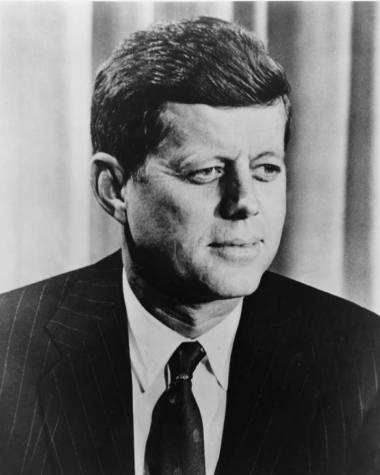 John F. Kennedy155 IQ
John F. Kennedy155 IQ

